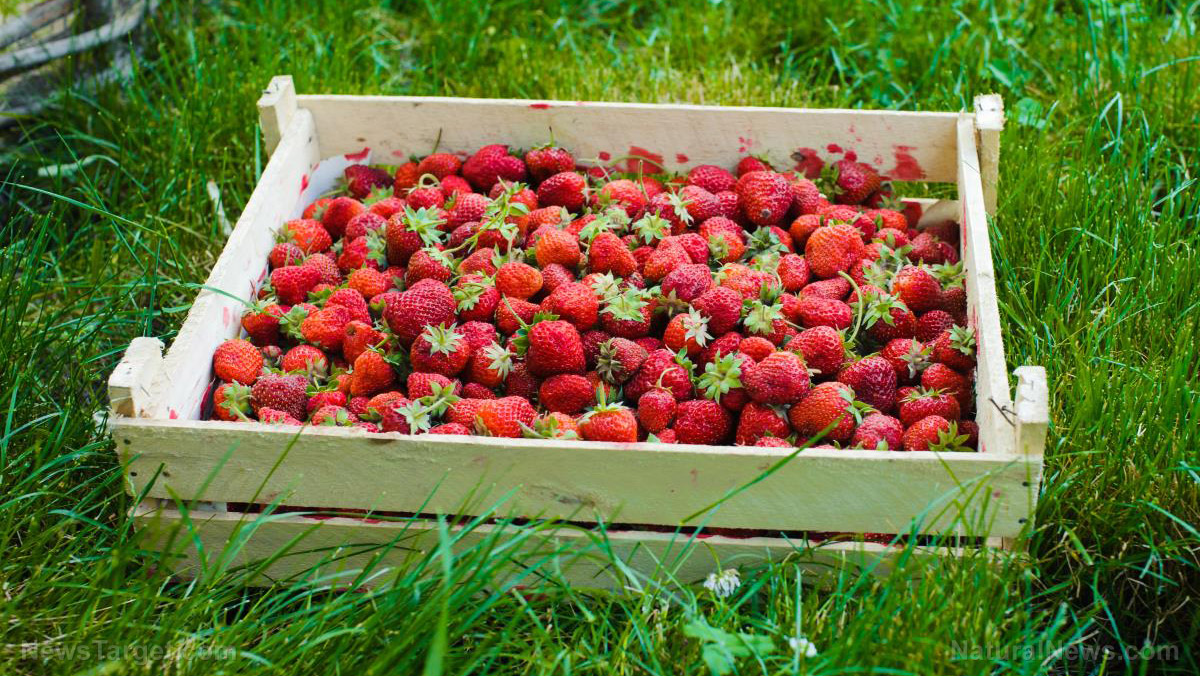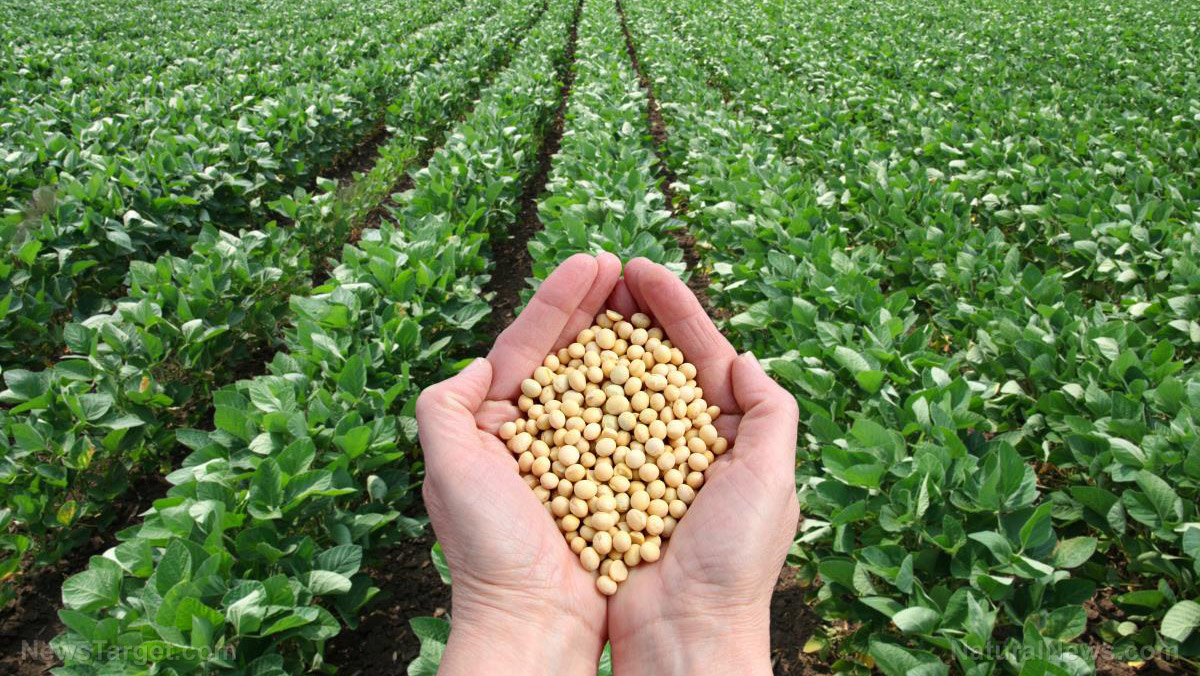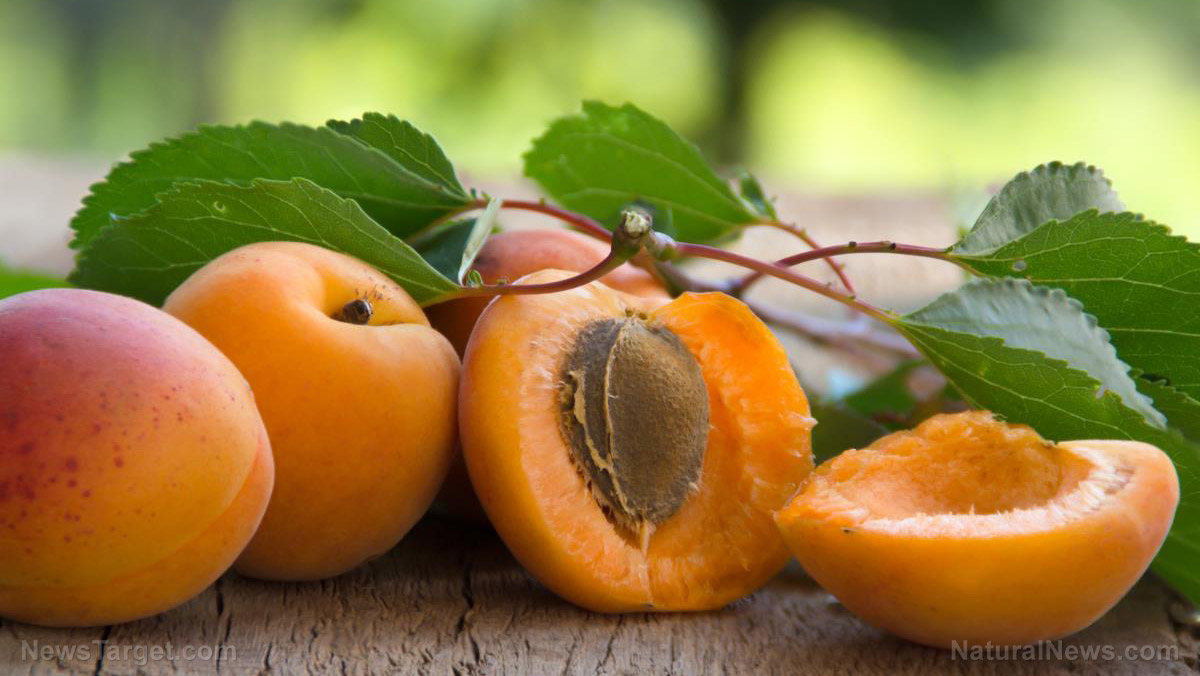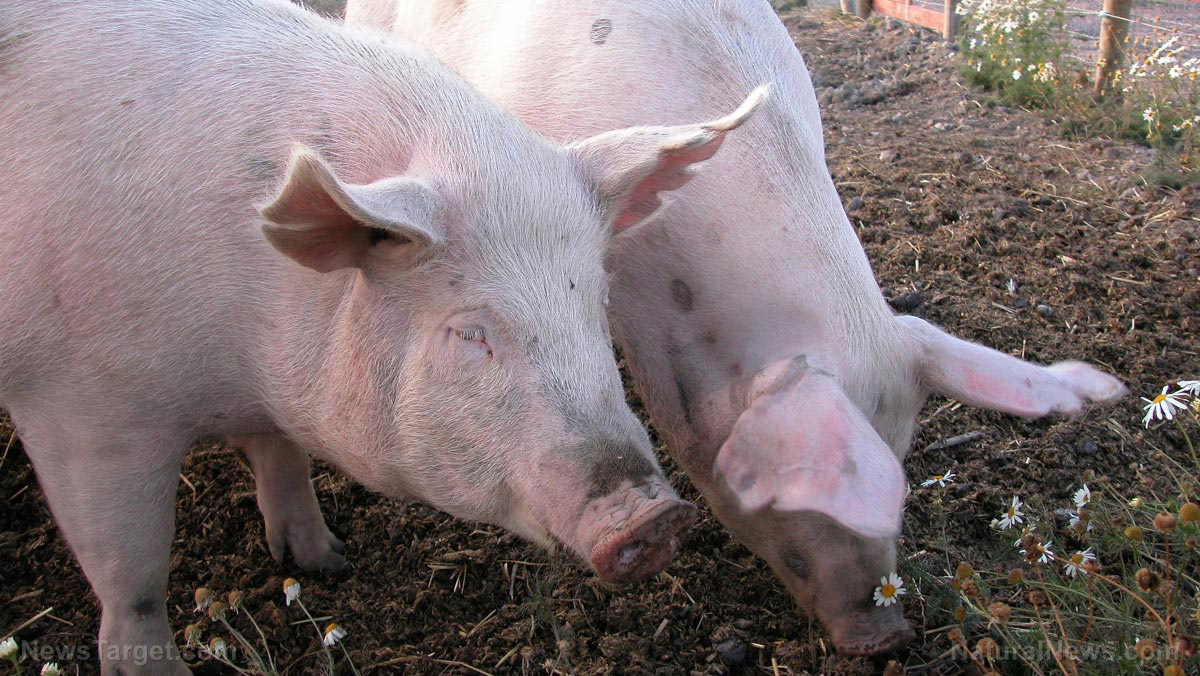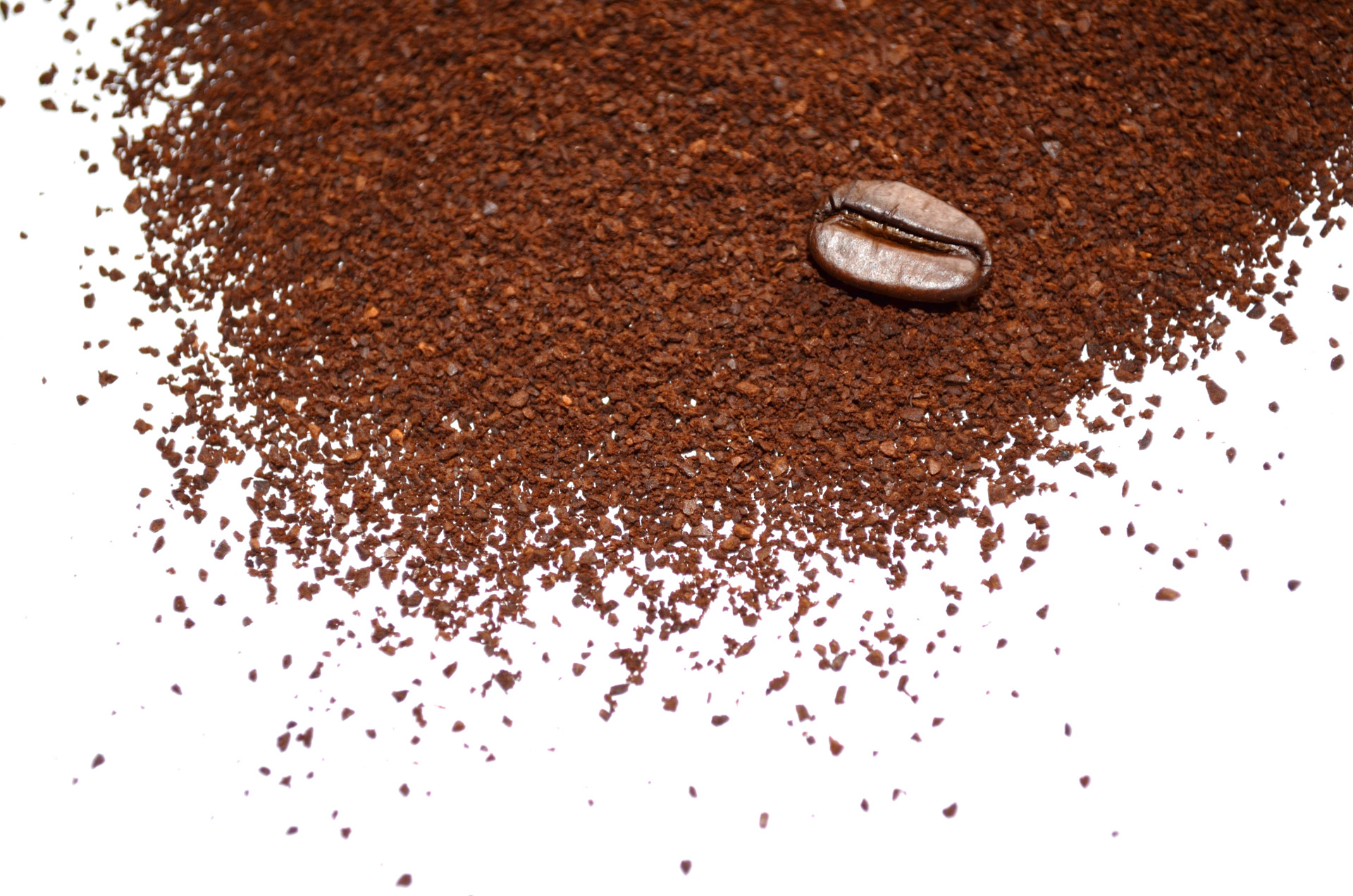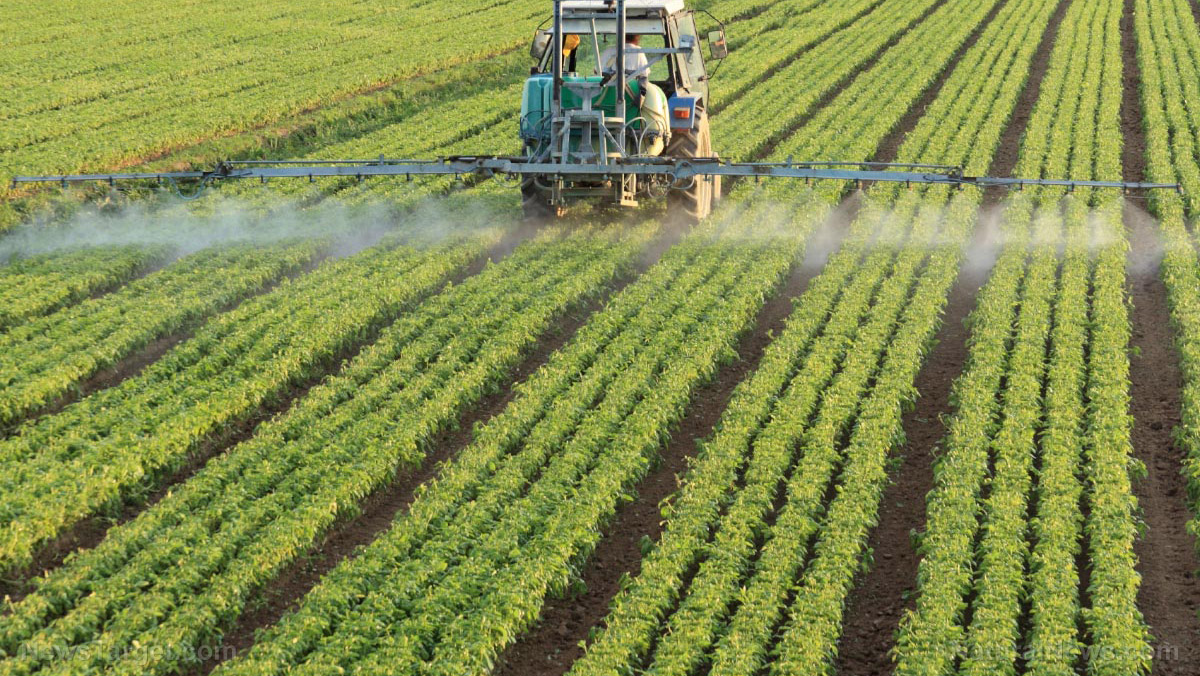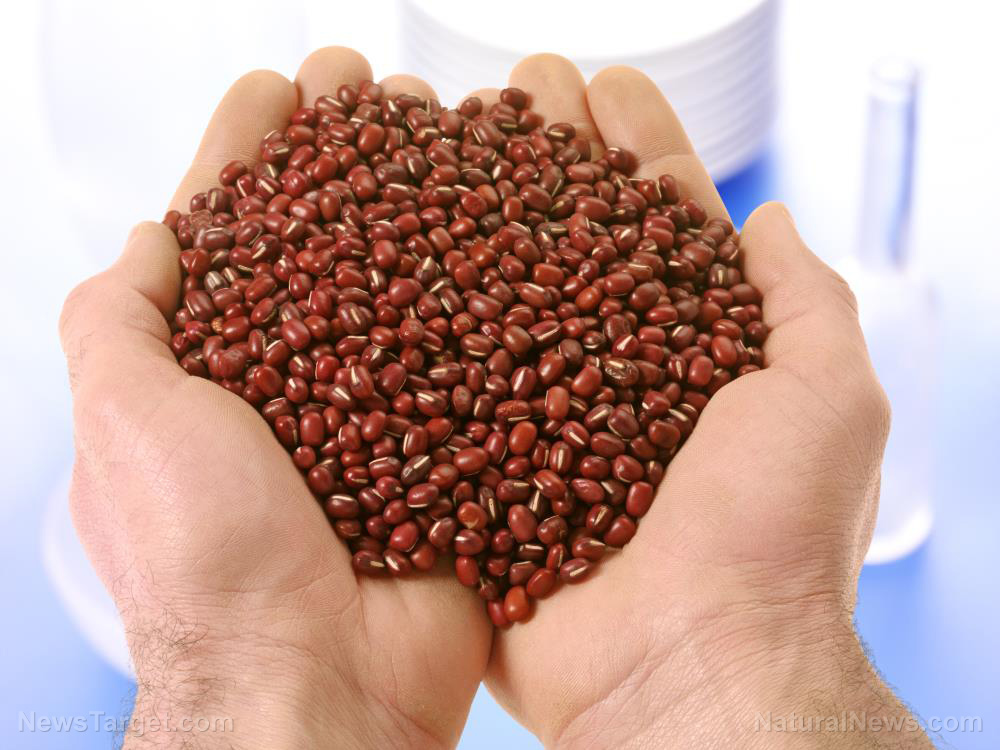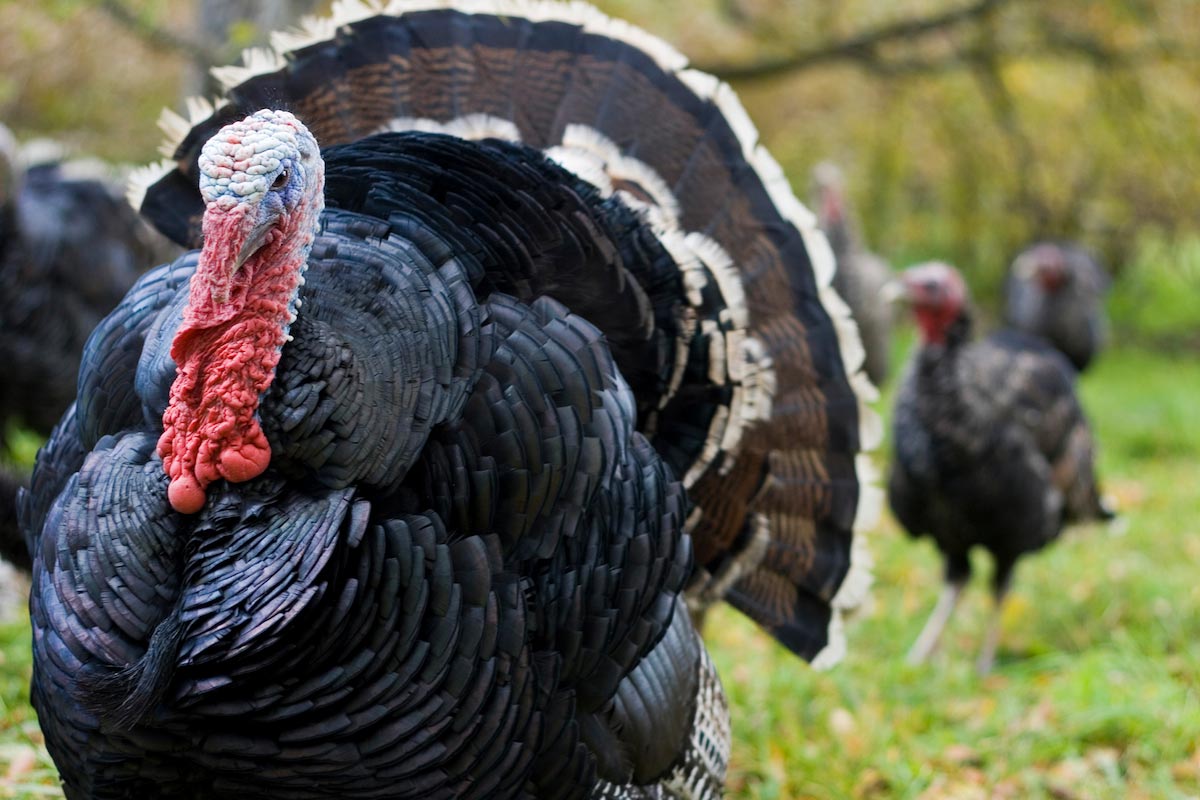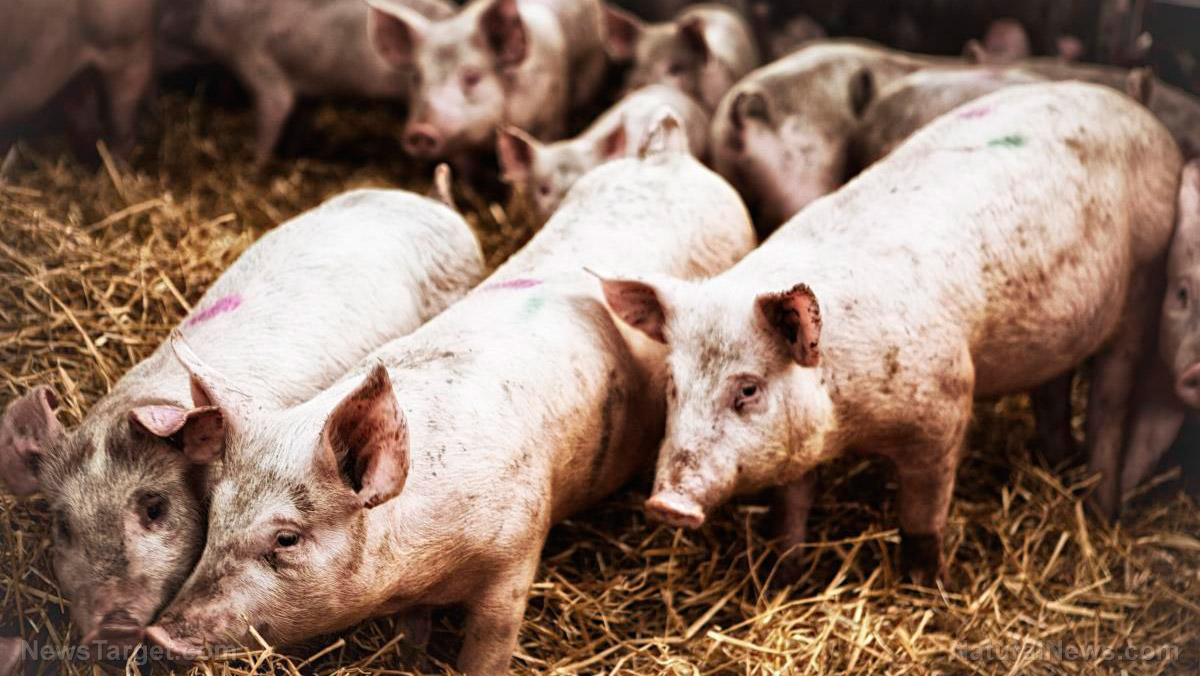Engineers are developing robot farmers that may make widespread pesticide spraying obsolete
11/19/2017 / By Russel Davis

Farmers may soon find their work a bit more relaxed as a team of researchers at the Harper Adams University in the U.K. is in the process of developing miniature robots that would help them harvest crops and apply pesticides. According to the researchers, the miniature robots show potential in cutting excessive pesticide use, curbing food waste, and easing labor shortages. The experts estimate that the technology would be ready in as early as 2020.
The developers stress that the miniature robots will be primed for field work and apply pesticides on crops that really need it. According to the researchers, the technology is a stark contrast to the current application process called “spray and pray” where the pest control chemical is blanketed over the entire field and not given to specific plants. The experts note that the current process wastes 95 to 99 percent of pesticides and herbicides. The scientists add that the new technology is slated to apply 100 percent of the pesticide directly on the targeted crop.
“Farmers have been heavily reliant for decades on the heavy use of pesticides. Some spraying is very desperate. Farmers are spraying [chemicals] to which there is resistance. They will not be killing pests as the pests have evolved resistance. They will be killing other insects [such as pollinators],” explains Toby Bruce, professor of insect chemical ecology at Keele University in the U.K.
Furthermore, the experts stress that the new technology will have the capacity to autonomously plant seeds, weed, water and spray crops without having a farmer operate and manage the technology on the field. (Related: Scientists developing laser robot that can zap weeds without using pesticides.)
Miniature robots boost harvest quality by picking best produce
In addition to targeted pesticide application, the miniature robots are also set to revolutionize the current harvesting processes. The developers note that today’s current process concentrates on slaughter harvesting, which involves bulk-harvesting the crops from the fields all at once. According to experts, this method results in significant food waste as up to 60 percent of crops are being thrown away because they are either wonky or inedible.
The research team explains that the miniature robots can be programmed to only pick crops that have reached the correct maturity and ripeness. The miniature robots will feature a mechanism that detects malformed fruits and vegetables. Likewise, the research team adds that the new technology will be able to identify crops that require more time prior to harvesting, thus giving the plants enough room to reach proper ripeness.
“I am trying develop a completely new agricultural mechanisation system based on small smart machines. We are developing laser weeding, droplet application where only 100 percent of the chemical goes onto the target leaf, selective harvesting where we can grade the product at the point of harvest. Between 20 and 60 percent of crops is thrown away at the point of harvest because supermarkets won’t buy [a] wonky veg[etable], because you and I don’t buy wonky veg[etables]. When we are faced with a set of tomatoes or lettuces we pick the best one not the worst one. But we can leave lettuces behind which perhaps can’t be sold today, but we can come back next week and be able to harvest them then,” says Professor Simon Blackmore, head of agricultural robotics at Harper Adams University.
However, the researchers have cautioned that while the development has reached its advanced stages, more needs to be done to introduce the miniature robots to the market. The experts note that farm companies are currently tied to more conventional machinery and blanket spraying, and that fears over business risks may deter them from adopting the technology.
“I think the innovation will come from start-ups. We need to see more start-ups in this field,” Professor Blackmore adds.
Follow more news about robot automation at Robots.news.
Sources include:
Tagged Under: agriculture, automation, crops, farmers, food supply, fruit picking, harvest, harvesting, robotics, robots

